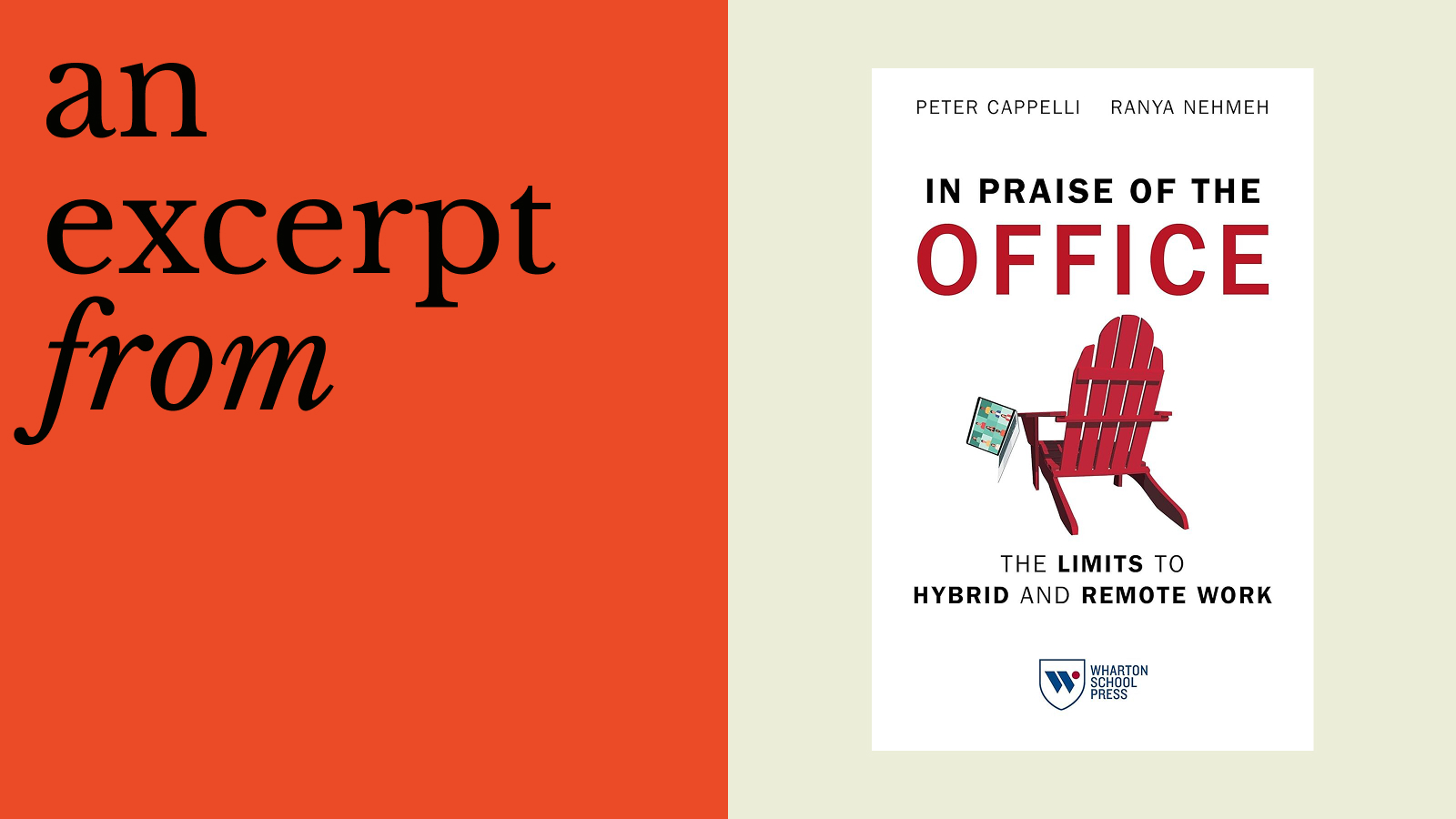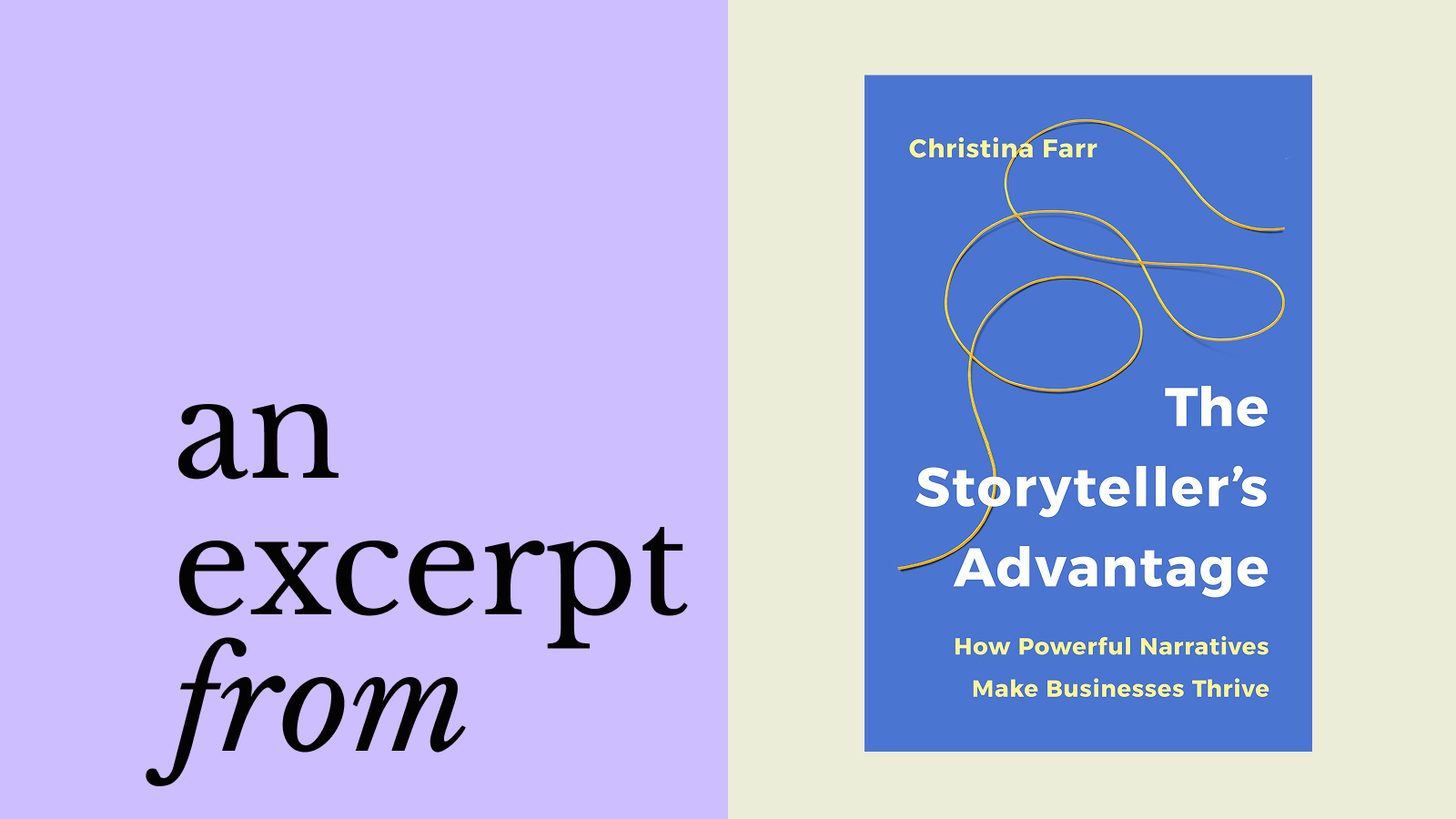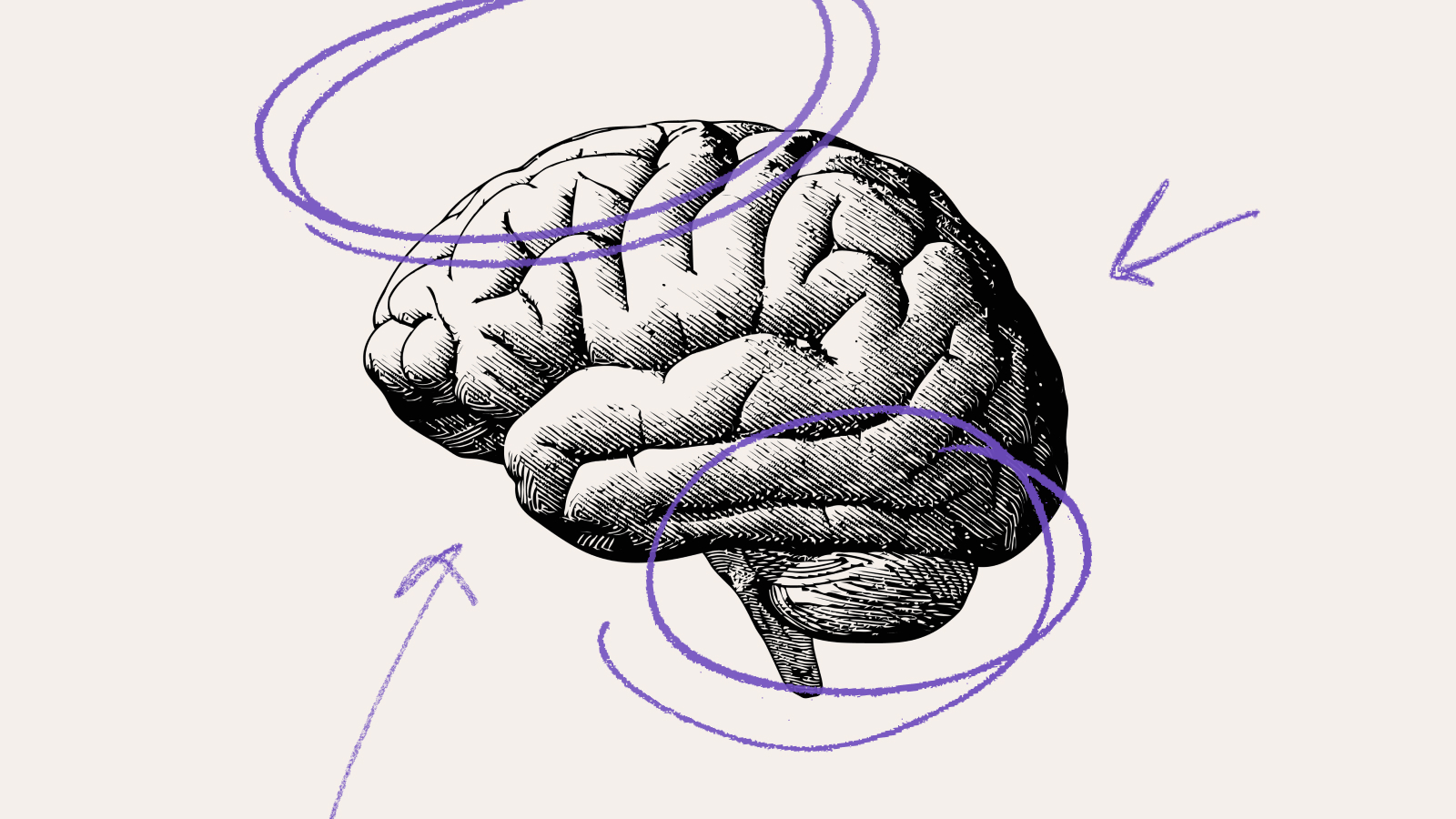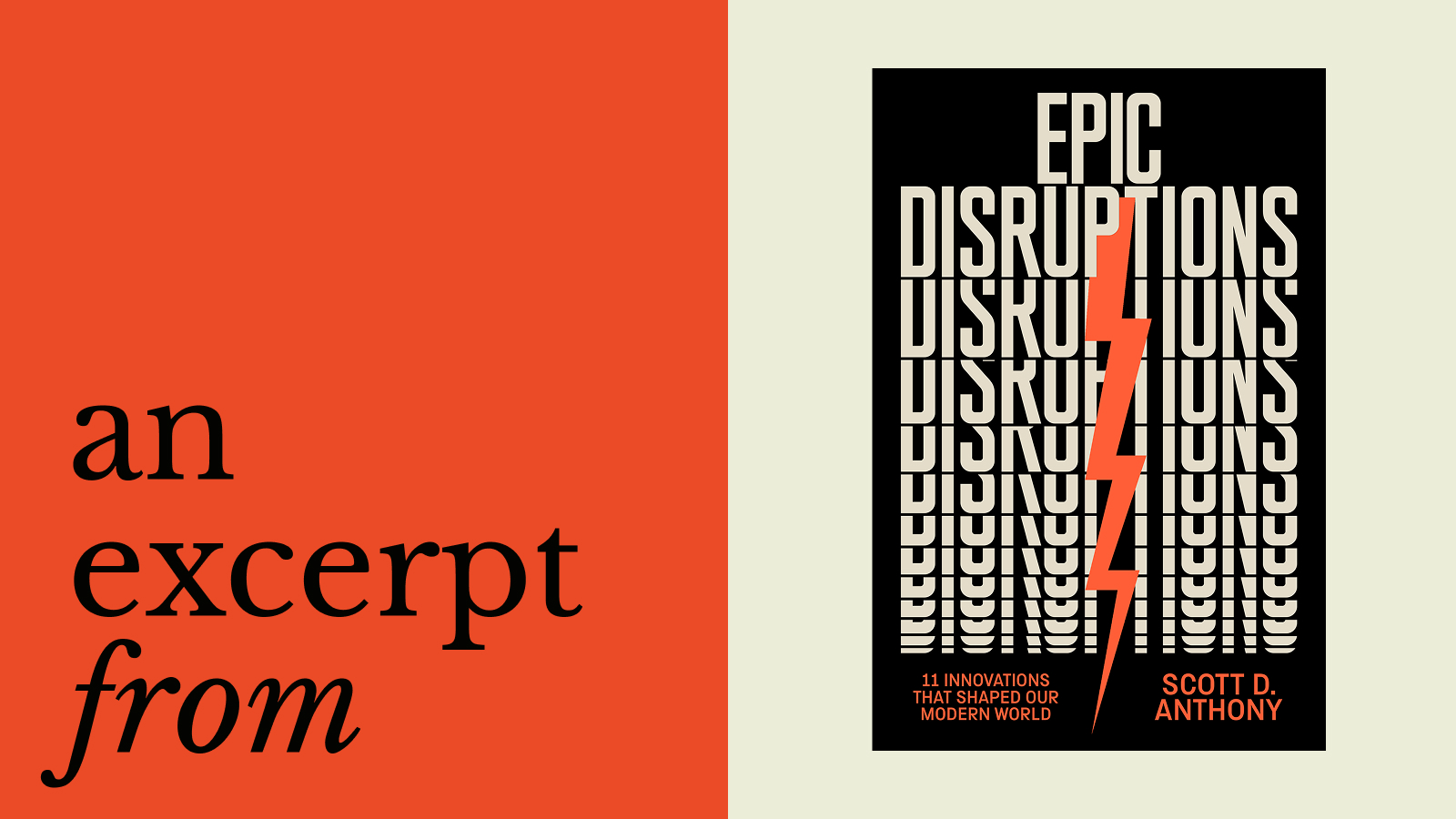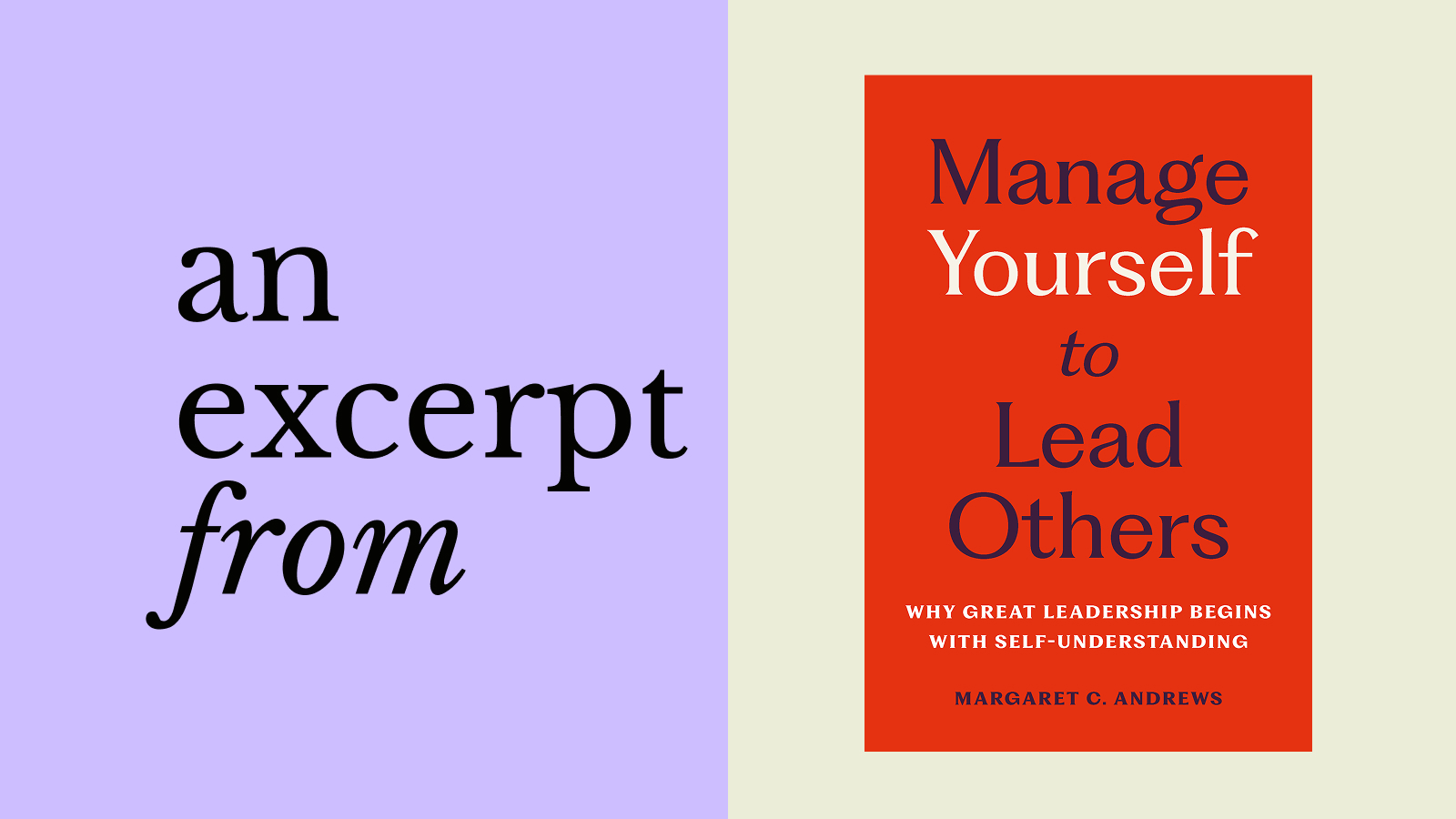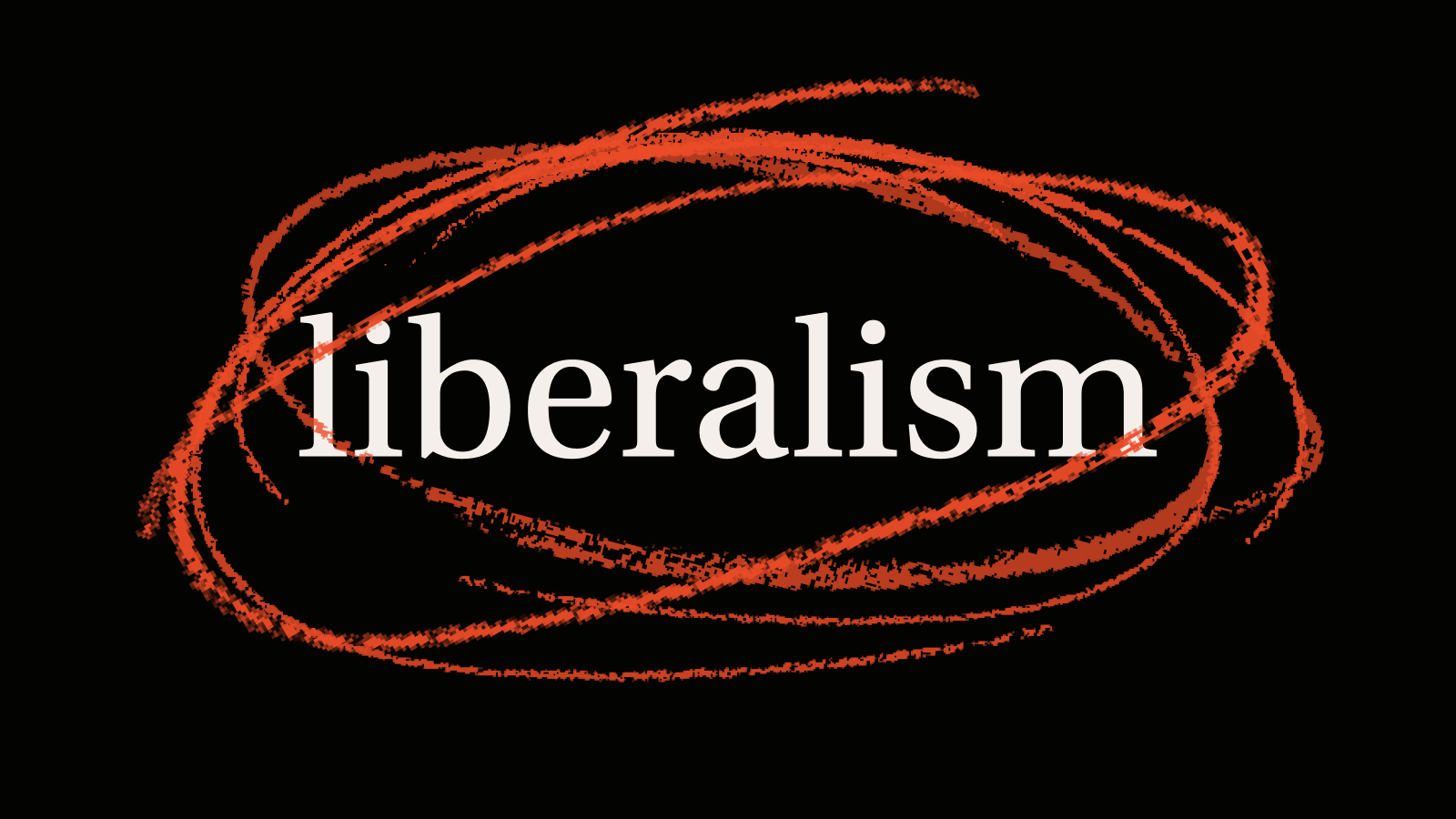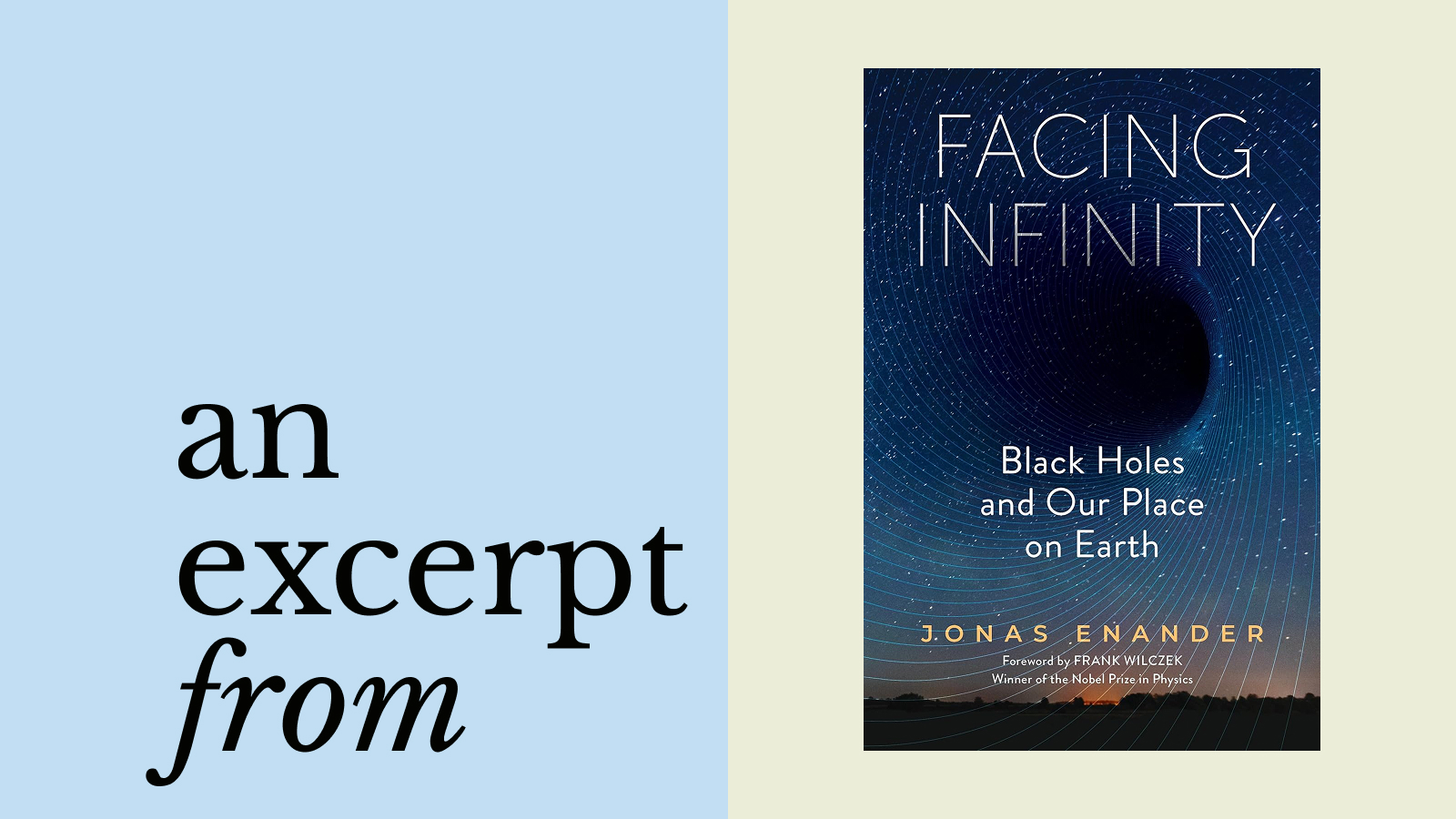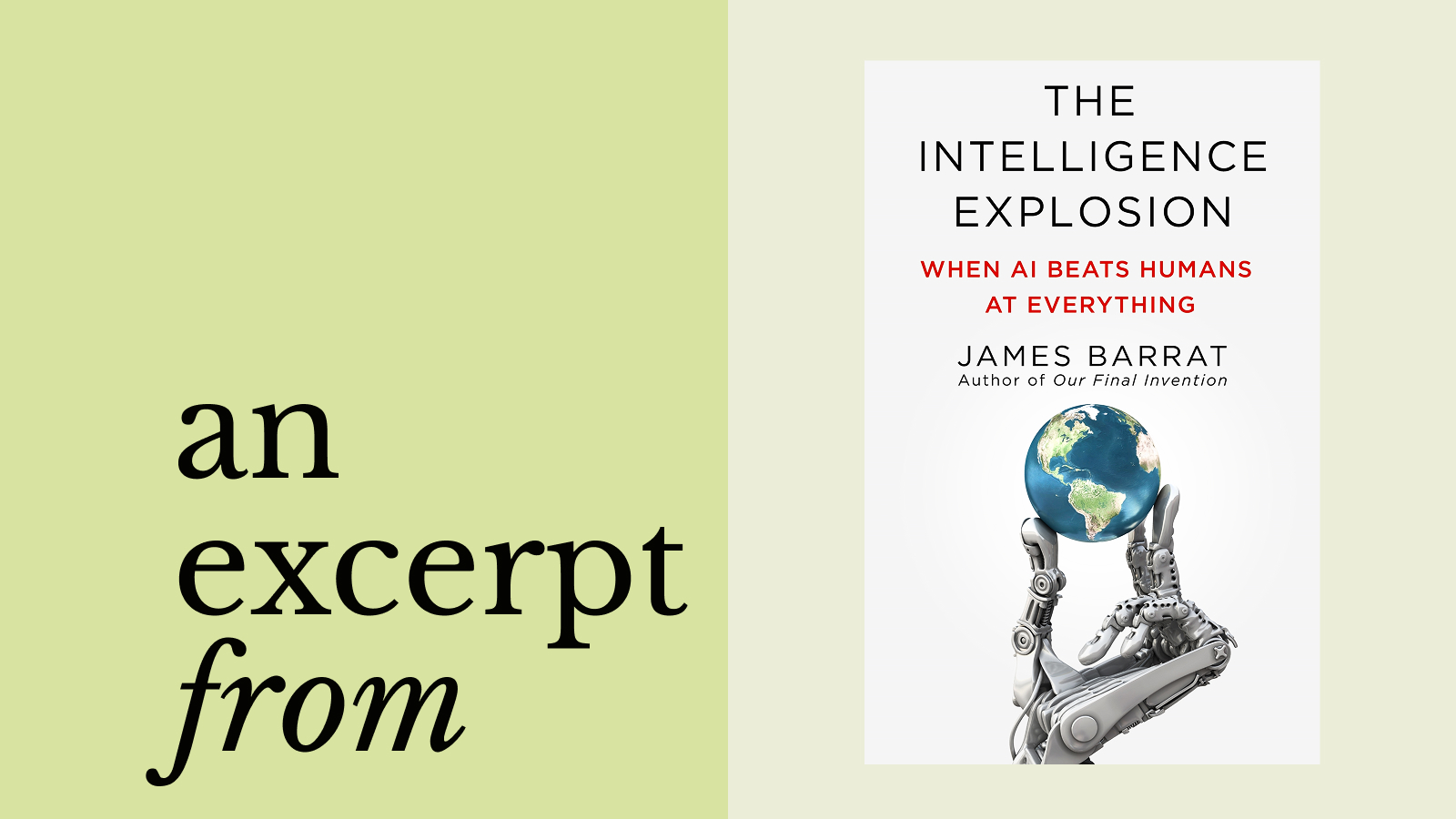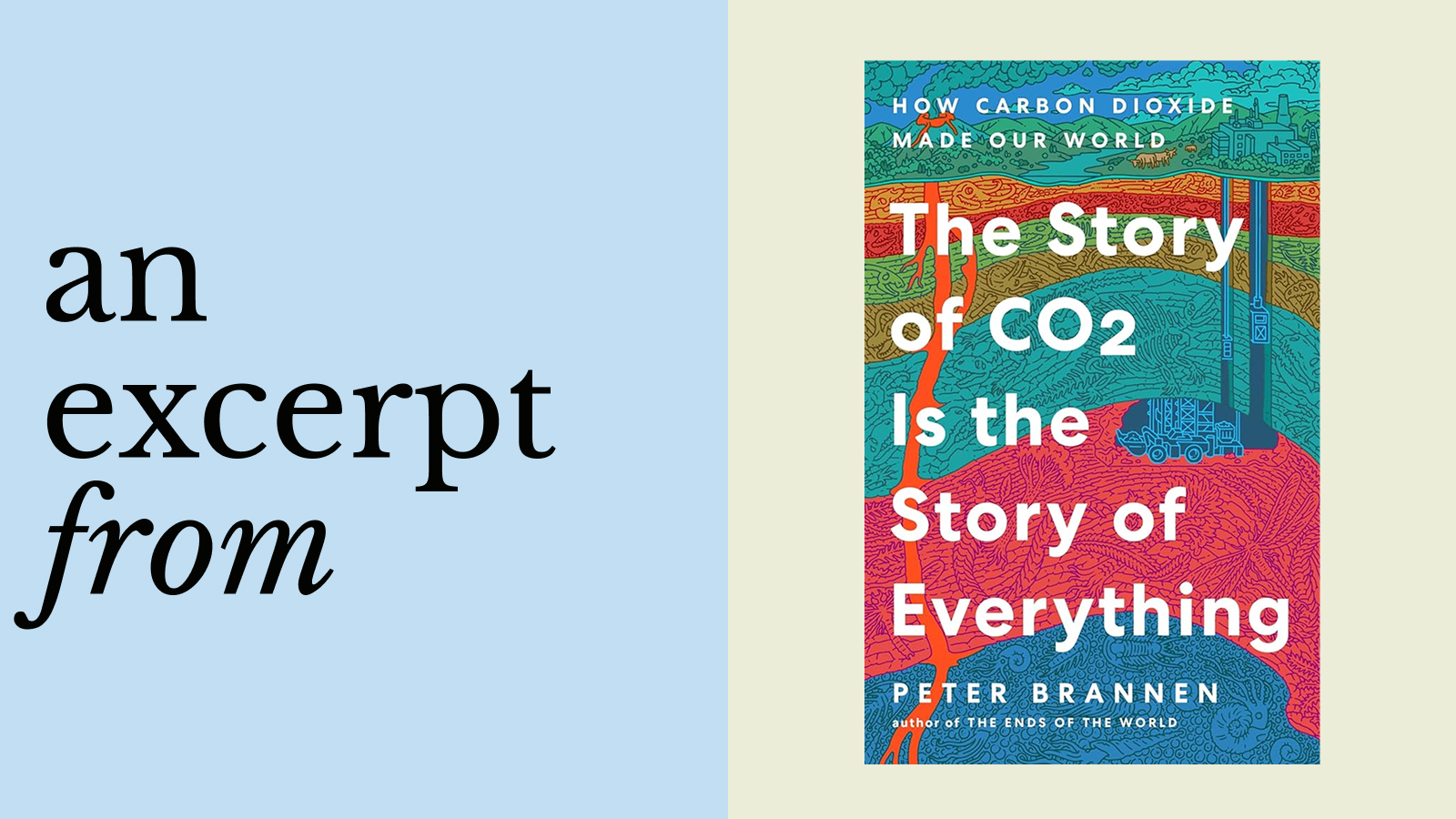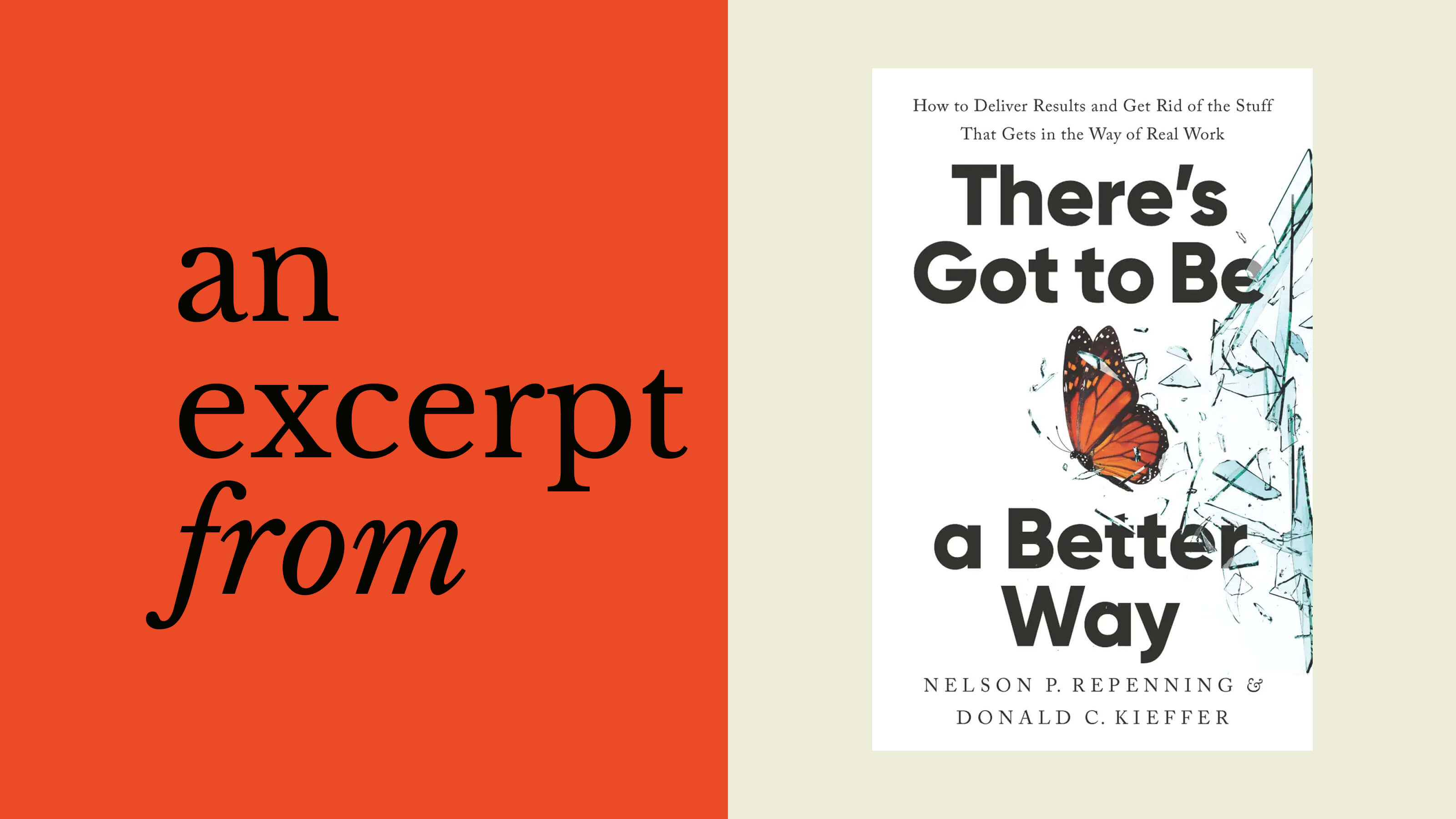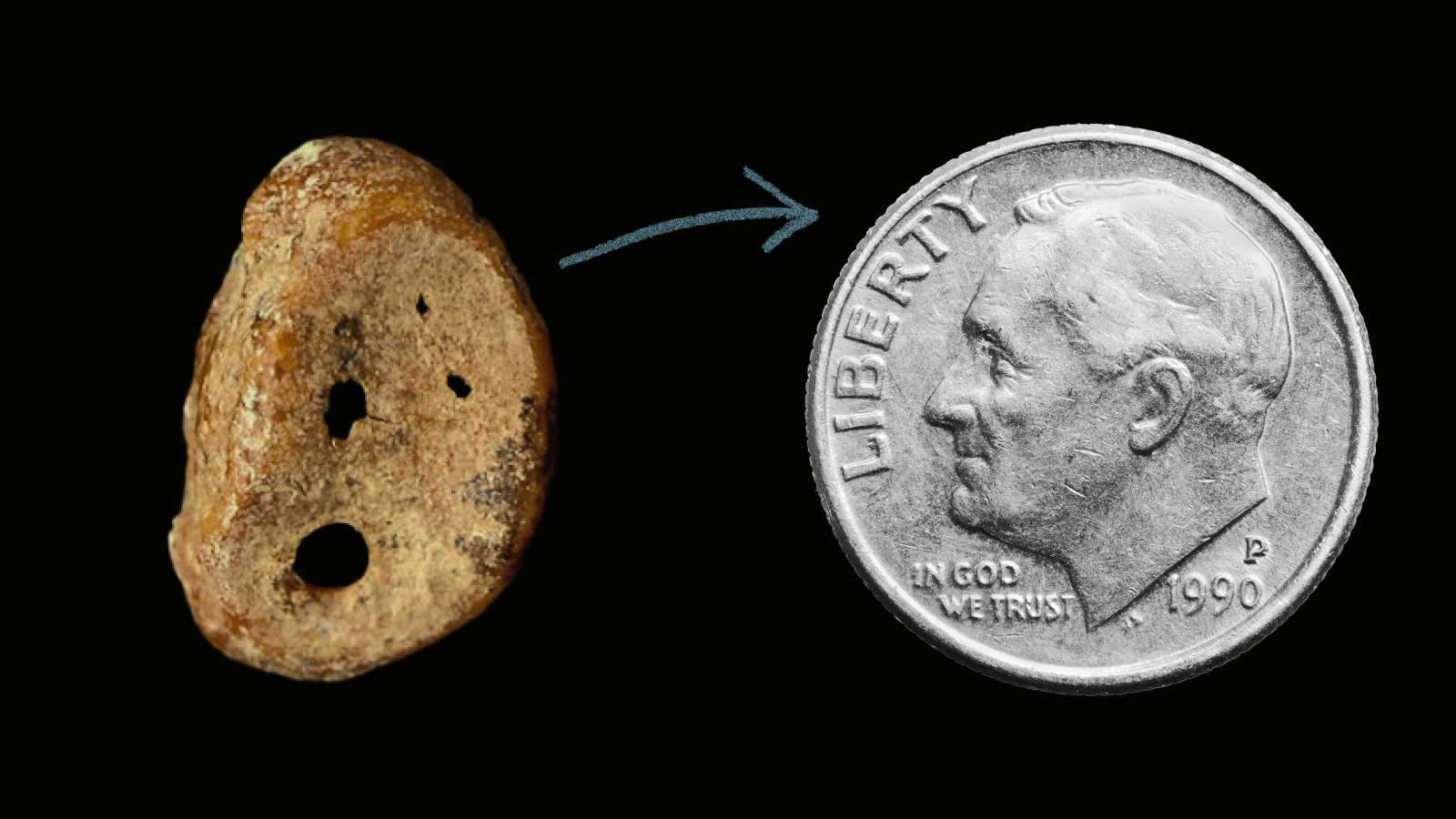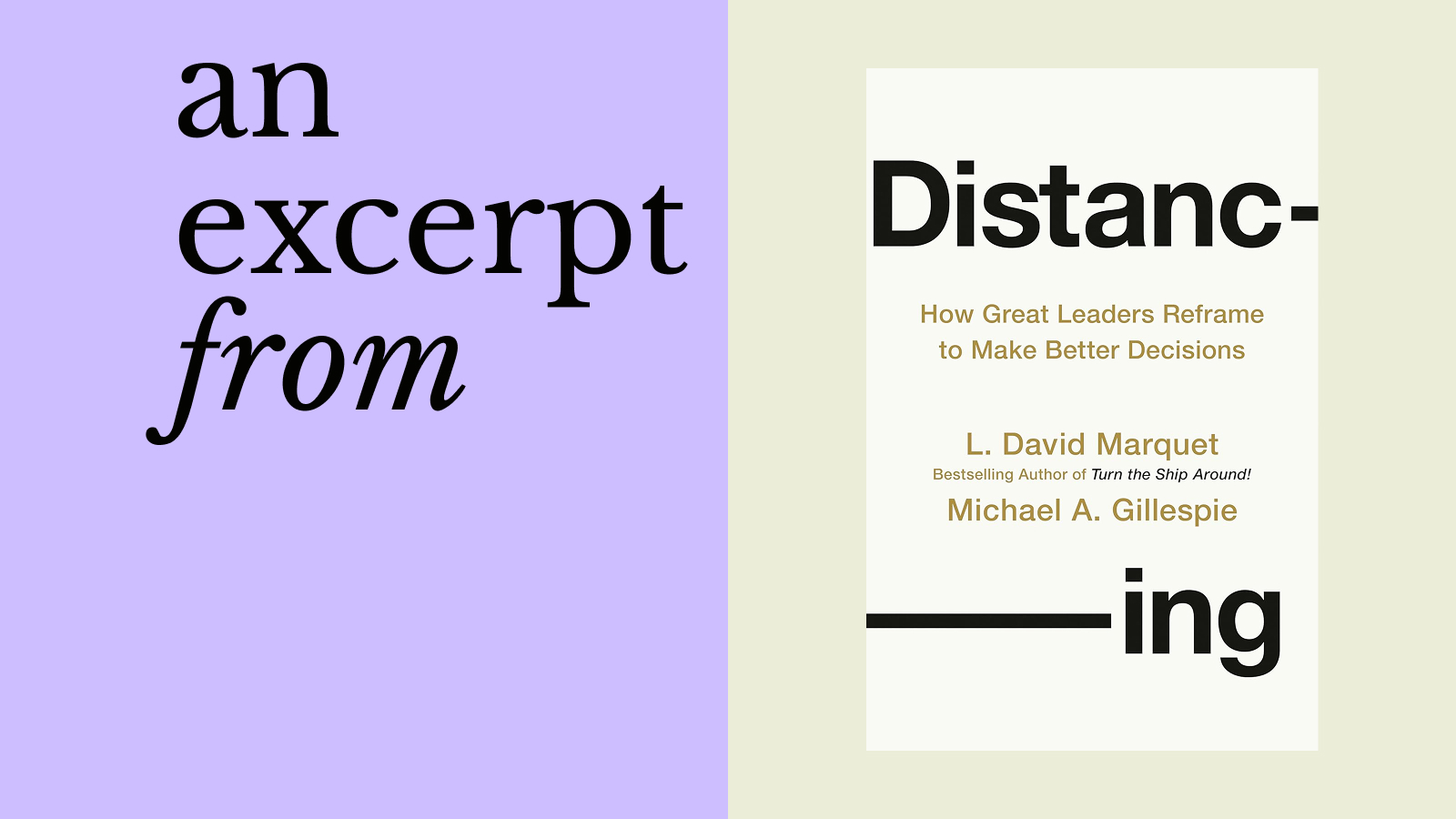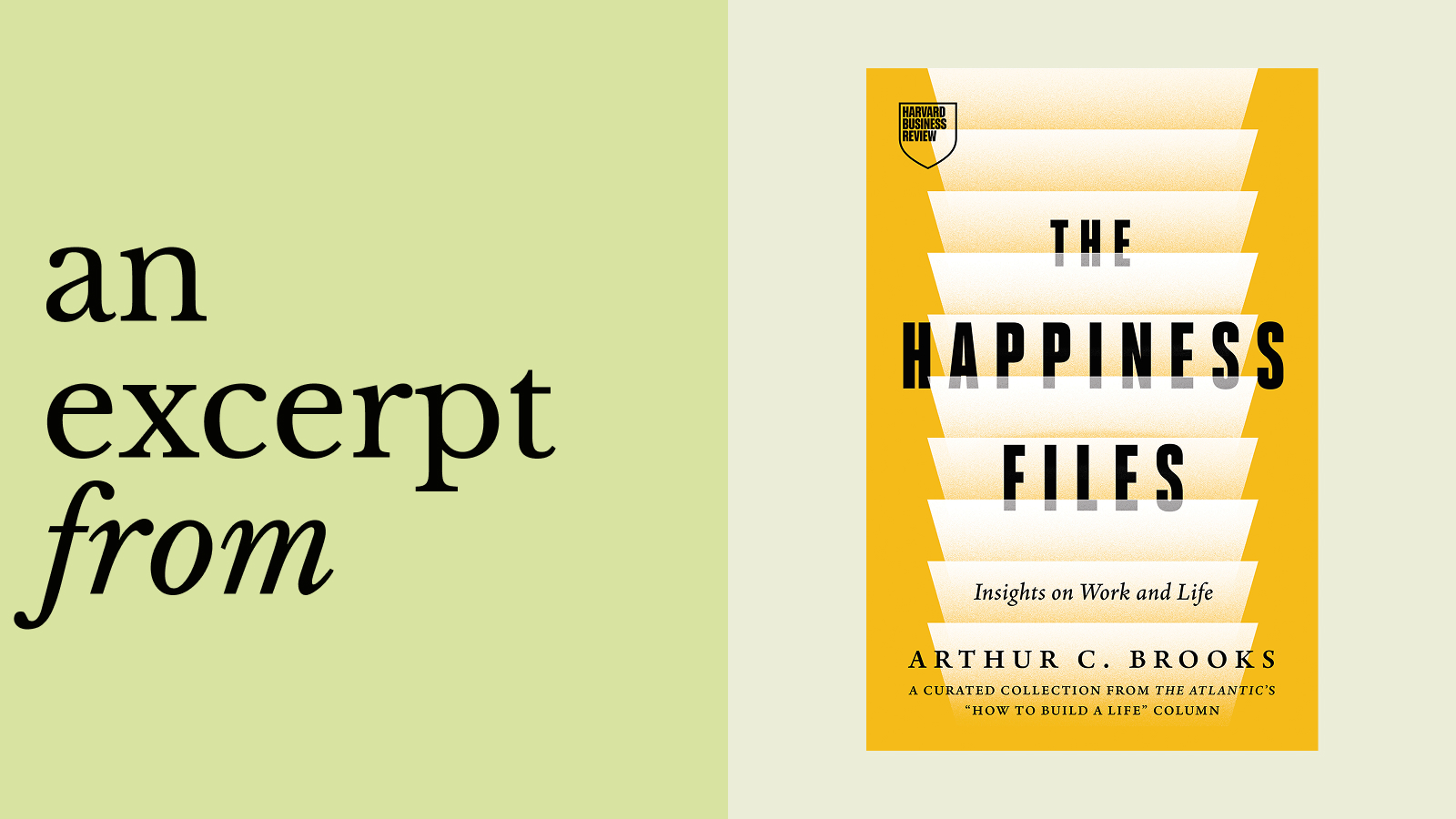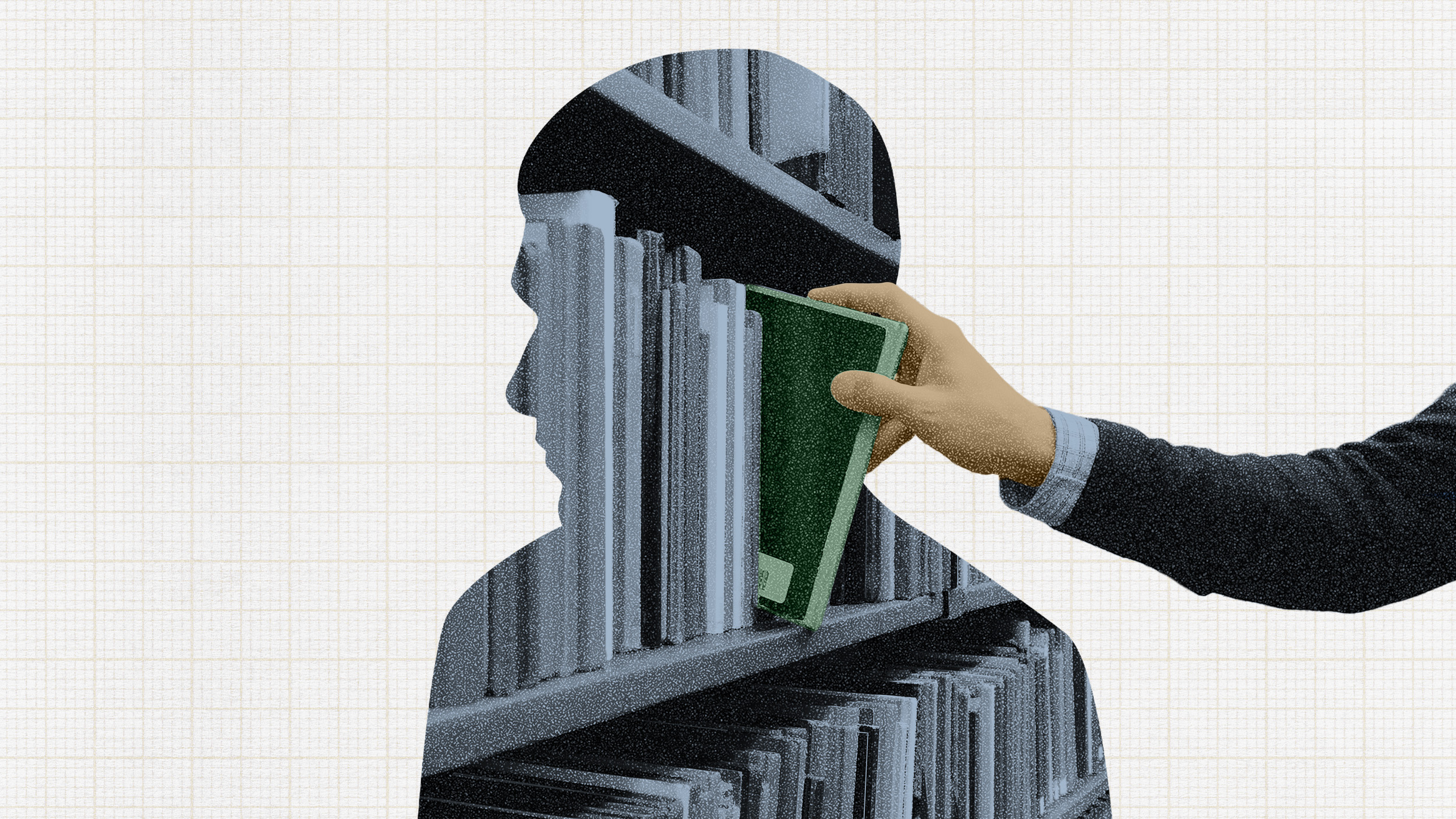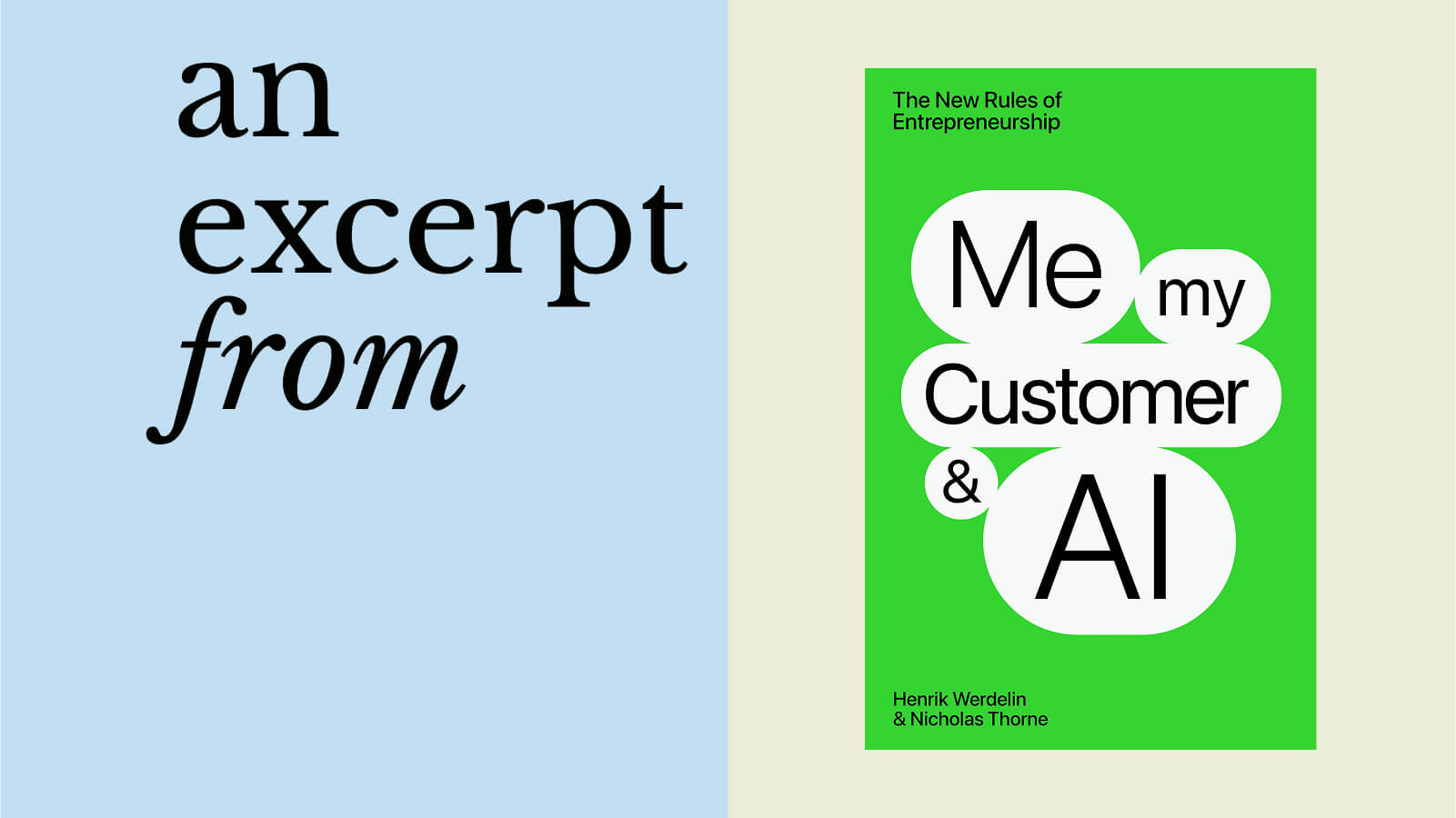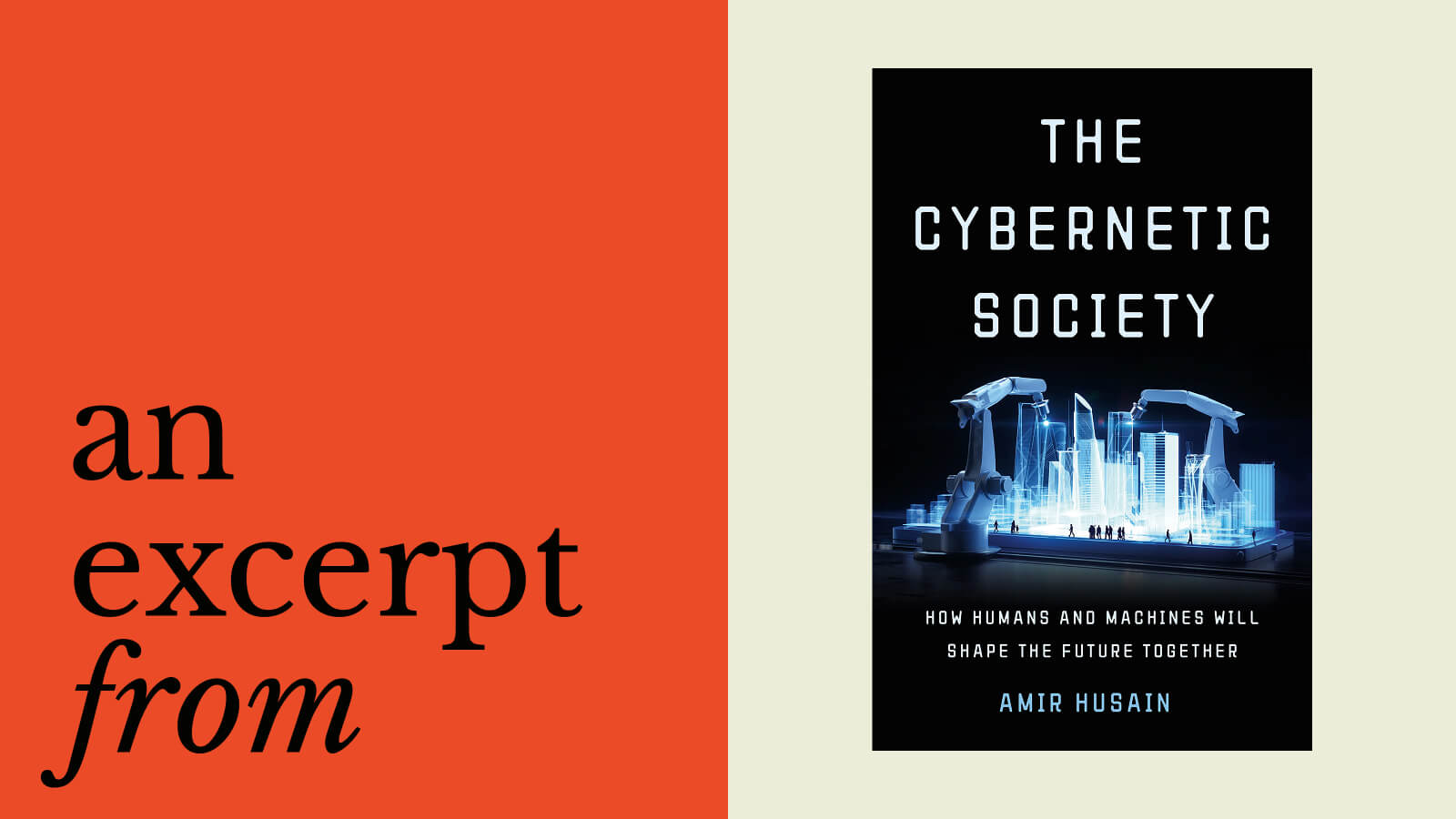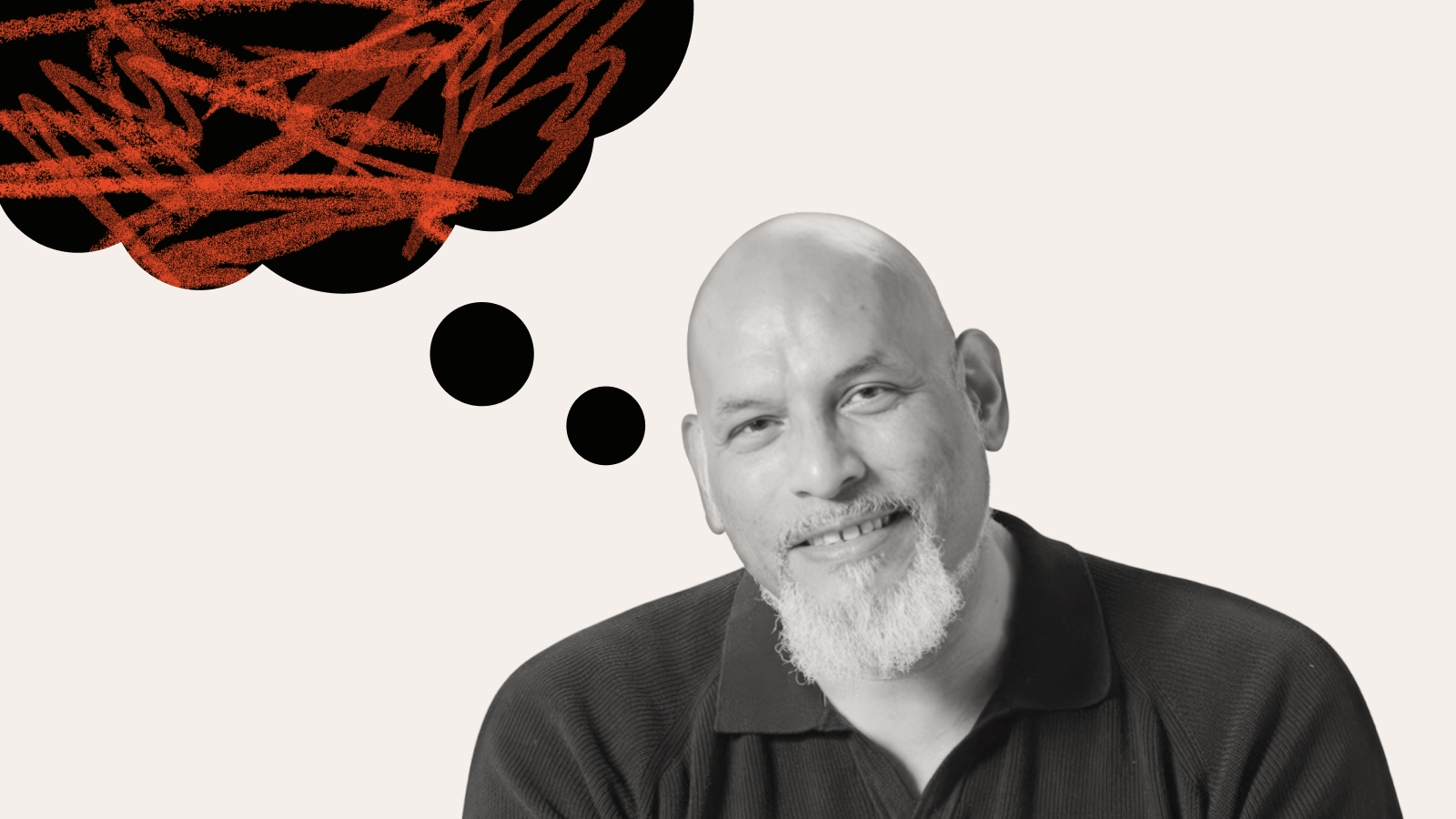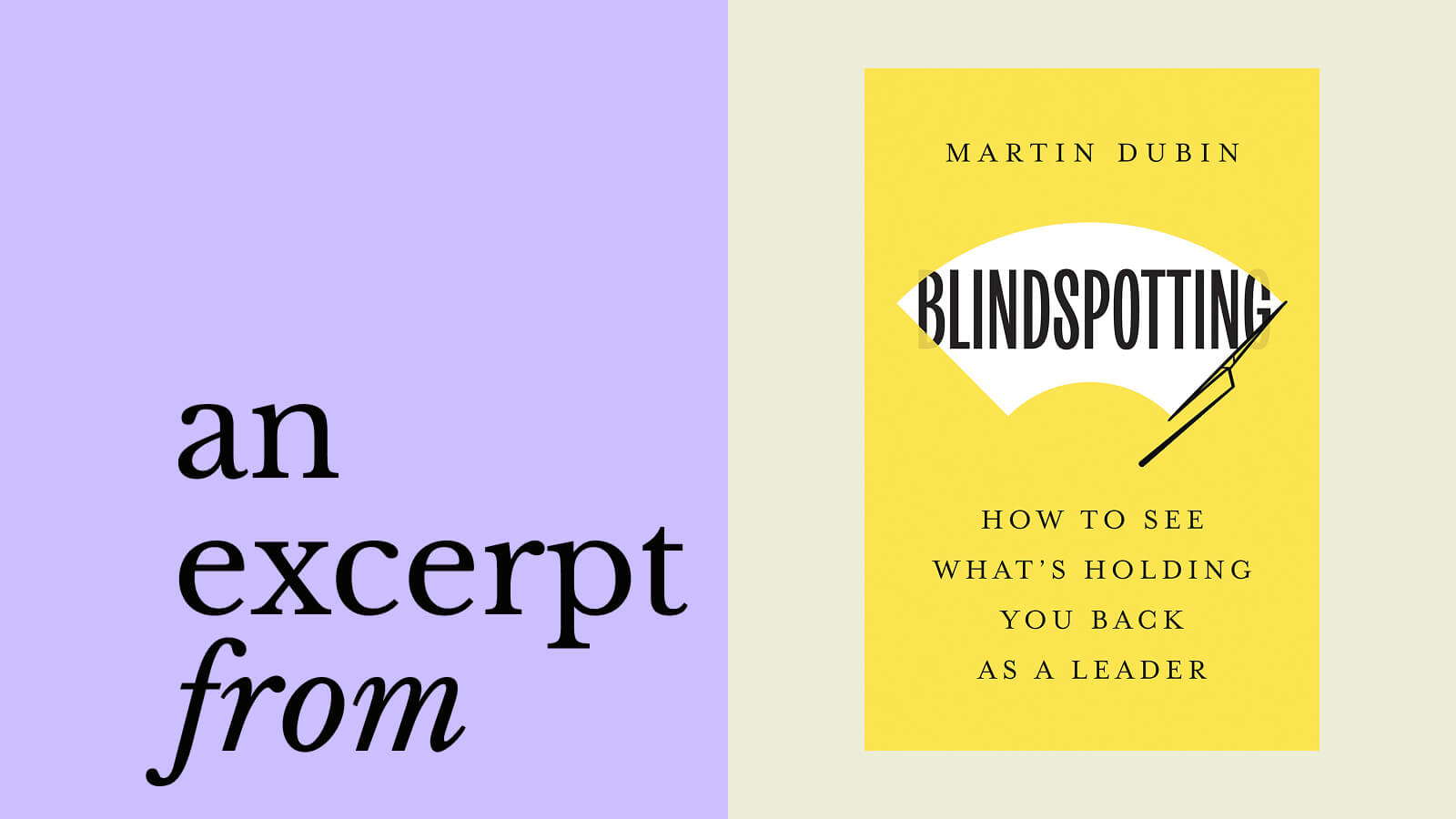books
A preview of the latest novel by the Hugo- and Nebula-winning author.
In this excerpt from “America’s Most Gothic,” Leanna Hieber and Andrea Janes examine the history and folklore of Maine’s vanished schooner.
How to foster a workplace environment where employees want to be present, rather than feel forced to be there.
What happens when your boss decides to weaponize positivity in the workplace?
Trailblazing isn’t limited to the executive suite: Cultures of disruption happen when people at every level step up to lead change.
In this excerpt from “When Everyone Knows That Everyone Knows…,” Steven Pinker examines how crying may have evolved as part of a suite of emotional expressions aimed at strengthening social bonds.
Alexis Ohanian didn’t treat his relationships with the media as purely transactional — and his star rose in spectacular fashion.
Neuroscientist Rachel Barr shares her favorite books on the brain and how they shaped her approach to the field.
Even when leaders know disruption is a smart long-term decision, the pain of transition can produce a titanic shambles. Just ask Kodak.
Despite the claims of speed reading apps and programs, you actually have to read the book if you want to learn.
Aristotle taught that “knowing yourself is the beginning of all wisdom” — all leaders and teams should take note.
In “On Liberalism,” Cass Sunstein argues that liberalism can only endure if we reclaim its core commitments and revive its spirit of freedom and hope for the future.
In this excerpt from “Facing Infinity,” Jonas Enander examines how John Michell conceived of “dark stars,” or massive bodies with enough gravity to trap light, all the way back in 1783.
In “That Book Is Dangerous,” author Adam Szetela examines the rise of the “Sensitivity Era” in publishing and how outrage campaigns try to control what books authors can write and readers can read.
The predictions of evolutionary theorists and current advances in “multimodal AI” offer strong clues to the future of employment.
In this excerpt from “The Story of CO2,” Peter Brennan explains how changes in the Earth’s ecosystem led to fire, which in turn led our ancestors to become the “fire apes.”
In this excerpt from “Tales of Militant Chemistry,” Alice Lovejoy exposes how the need for uranium during WWII led the Allied governments to turn a blind eye to colonial exploitation.
MIT Sloan’s Nelson P. Repenning and Donald C. Kieffer outline their tried-and-tested solution for stubborn workflow blockages.
In “The Secret History of Denisovans,” Silvana Condemi and François Savatier trace the story of our mysterious hominin ancestor.
To navigate a heavyweight corporate quandary, take a leaf out of Intel’s brilliant playbook — walk out, and return as your own successor.
Nuclear chemist Tim Gregory joins Big Think to make the case that nuclear energy can still transform the world for the better.
Harvard Kennedy School professor and author Arthur C. Brooks guides us through the give-and-take of feedback — even when it is negative.
The Japanese practice of “tsundoku” bestows joy and lasting benefits to those who make books an important part of their lives.
In the post-AI startup landscape, the role of the entrepreneur will evolve from operator to orchestrator. Are you ready?
These short books offer insights and meditations on timeless themes, without the time commitment.
Are you ready for the “cybernetic corporation”? Amir Husain “profiles” the hottest company of 2035 — and makes a telling comparison with Nvidia.
Historians Alexandra Churchill and Nicolai Eberholst reexamine the pivotal conflict from a grassroots perspective.
The psychologist, educator, and former NBA player discusses the professional volumes and childhood stories that shaped his life and his approach to it.
You might love your leadership role and inspire fierce loyalty — but what if that comes at the expense of a disastrous balance sheet? Here’s a way forward.
Some books are remembered for their lyrical prose or engaging stories. Others are remembered for simply being weird.


